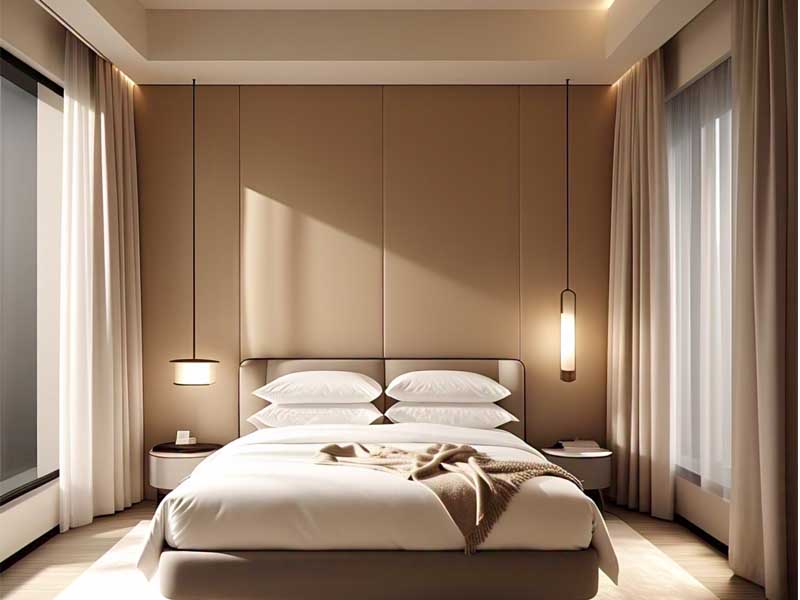
Elmsleep – Sleep Tourism is rapidly emerging as one of the most sought-after travel trends in 2025. As people increasingly struggle with sleep disorders due to stress and modern lifestyles, more travelers are seeking vacations that prioritize rest and relaxation. Sleep Tourism focuses on providing accommodations and experiences designed to enhance sleep quality, with hotels and resorts offering specialized programs to help guests achieve optimal rest. This trend caters to individuals looking to escape the hustle and bustle of daily life while embracing a more mindful and rejuvenating approach to travel.
The core of Sleep Tourism lies in carefully curated environments that promote deep, rejuvenating sleep. Many luxury hotels and wellness resorts now provide personalized sleep therapy, utilizing advanced technology and holistic approaches. Features such as soundproofed rooms, customized lighting, and high-tech mattresses are becoming standard. Some resorts offer unique sleep therapies, such as “SWAY Sleep Therapy”, where guests rest in cocoon-shaped hammocks designed to mimic the soothing motion of being rocked to sleep. Other establishments integrate guided meditation, aromatherapy, and AI-powered sleep trackers to monitor and improve sleep cycles.
“Web 3.0 & Metaverse: The Future of Web Development”
Additionally, nutrition plays a vital role in Sleep Tourism. Many wellness retreats offer curated sleep-friendly diets, emphasizing foods rich in magnesium, melatonin, and tryptophan to naturally enhance relaxation. Herbal teas, nighttime elixirs, and personalized meal plans contribute to the overall sleep-enhancing experience.
The rising demand for Sleep Tourism is a response to the increasing prevalence of sleep deprivation. With the pressures of work, screen time, and urban living, many people find it challenging to get quality sleep. Sleep Tourism offers a structured escape where individuals can reset their sleep patterns in a stress-free environment. In addition, wellness-conscious travelers are prioritizing holistic experiences that not only offer relaxation but also contribute to long-term health benefits.
Furthermore, the integration of cutting-edge sleep technology has boosted interest in this trend. Smart beds with biometric sensors, white noise machines, and VR relaxation therapy are becoming more common in high-end sleep retreats. This fusion of luxury, science, and wellness makes Sleep Tourism appealing to a broad audience, from overworked professionals to wellness enthusiasts.
As this trend continues to gain momentum, more destinations are expected to invest in specialized sleep-focused accommodations and services. Whether it’s through high-tech solutions or traditional relaxation techniques, this trend is set to redefine the way people travel offering more than just adventure but also a pathway to ultimate rejuvenation and overall well-being.
“AI Earbuds: Adaptive Sound for Any Environment”
